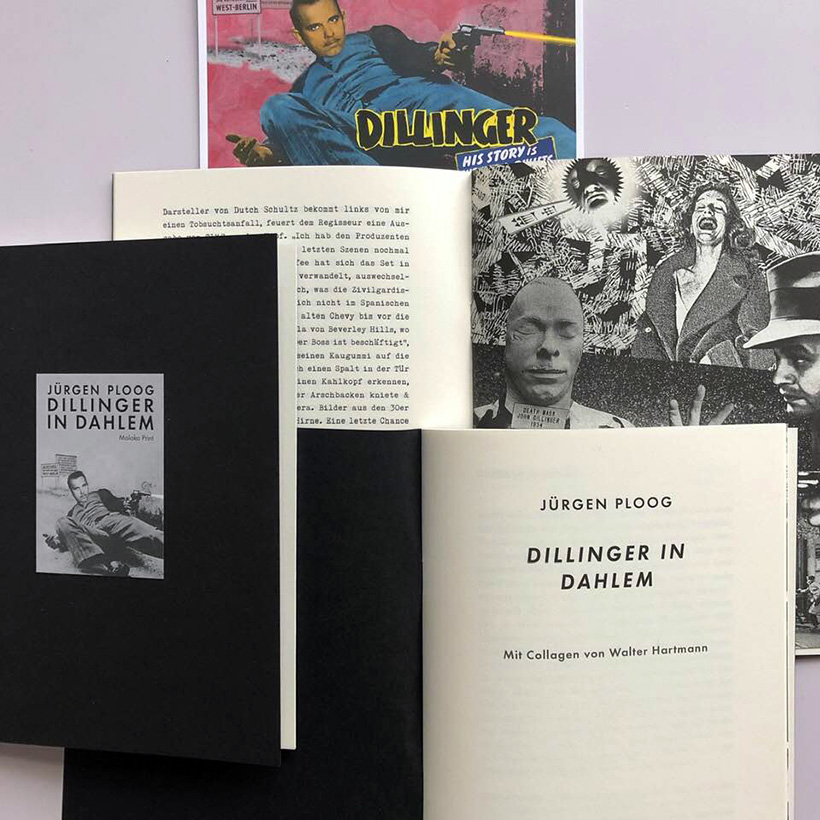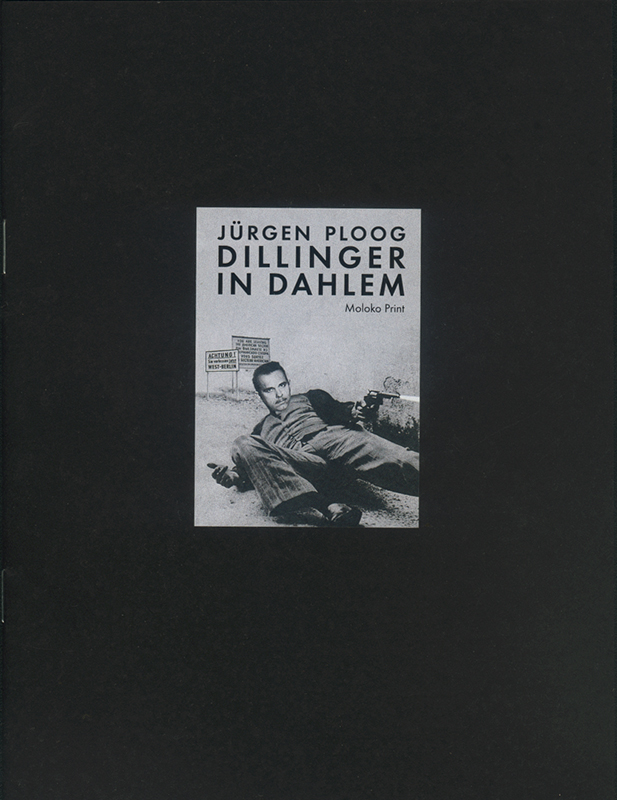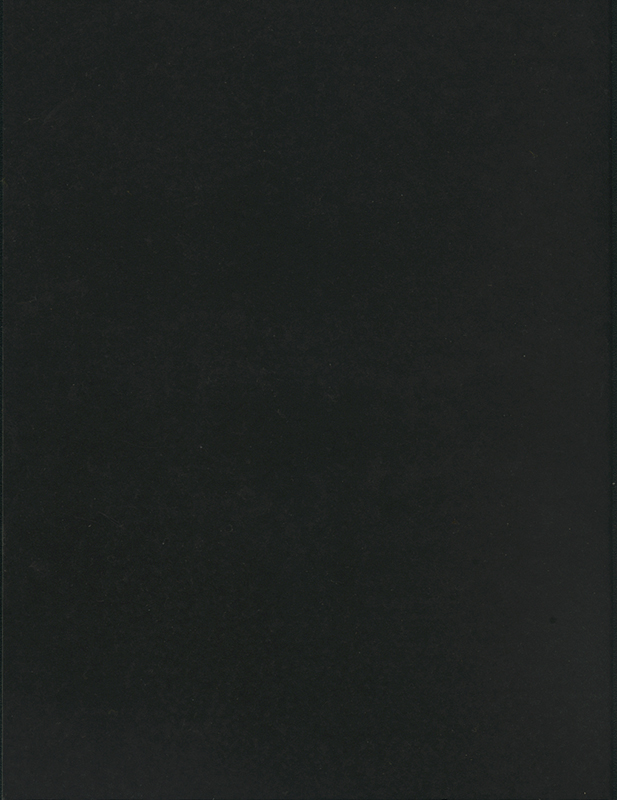
Author: Jürgen Ploog
Publisher: Moloko Print, Schönebeck, Germany
Year: 2019
Size: 185 x 140 x 3 mm
Pages: 32, offset printed and saddle stitched
Language: German
Collages: Walter Hartmann
Design: Ralph Gabriel
Moloko Print Chapbook No. 6
German writer Jürgen Ploog (München, 1935) used to work as an airline pilot for 33 years. Transience and crossing borders have since been integral to his existence and writings. Ploog’s early literary output gravitated naturally to the cut-up method that William Burroughs and Brion Gysin popularised in the 1960s. His early experiments at cut-ups were published in the satirical magazine Der Metzger and in the German Beat magazine Gasolin 23, which Ploog founded with Carl Weissner and Jörg Fauser in 1971. Since then the cut-up technique has remained an essential component of Ploog’s prose, at first prominently present – for instance in his hardcore cut-up novels Cola-Hinterland (1969) and Die Fickmaschine (1970) – and later subdued and overlain by loose episodical structures. Pacific Boulevard (1977) and Nächte in Amnesien (1980) are examples of those later logbook-like works.
 Moloko‘s chapbook No. 6 publishes some of Jürgen Ploog’s cut-up texts from the 1970s. Dillinger in Dahlem contains typical Jürgen Ploog texts, which have clearly been influenced by William Burroughs’s cut-ups, but somehow manage to take a distinct turn of their own. The atmosphere is dark, seedy, sexual, broken-up. A film noir hacked into little pieces and crudely spliced together to be screened in a shabby theatre. A number of collages by Ploog’s old partner-in-crime Walter Hartmann help visualize this tale from the fringe, the title of which subversively propels American Great-Depression gangster John Dillinger into Dahlem, a district in Berlin that was home to the United States Army and the US Embassy when Ploog produced these texts.
Moloko‘s chapbook No. 6 publishes some of Jürgen Ploog’s cut-up texts from the 1970s. Dillinger in Dahlem contains typical Jürgen Ploog texts, which have clearly been influenced by William Burroughs’s cut-ups, but somehow manage to take a distinct turn of their own. The atmosphere is dark, seedy, sexual, broken-up. A film noir hacked into little pieces and crudely spliced together to be screened in a shabby theatre. A number of collages by Ploog’s old partner-in-crime Walter Hartmann help visualize this tale from the fringe, the title of which subversively propels American Great-Depression gangster John Dillinger into Dahlem, a district in Berlin that was home to the United States Army and the US Embassy when Ploog produced these texts.


